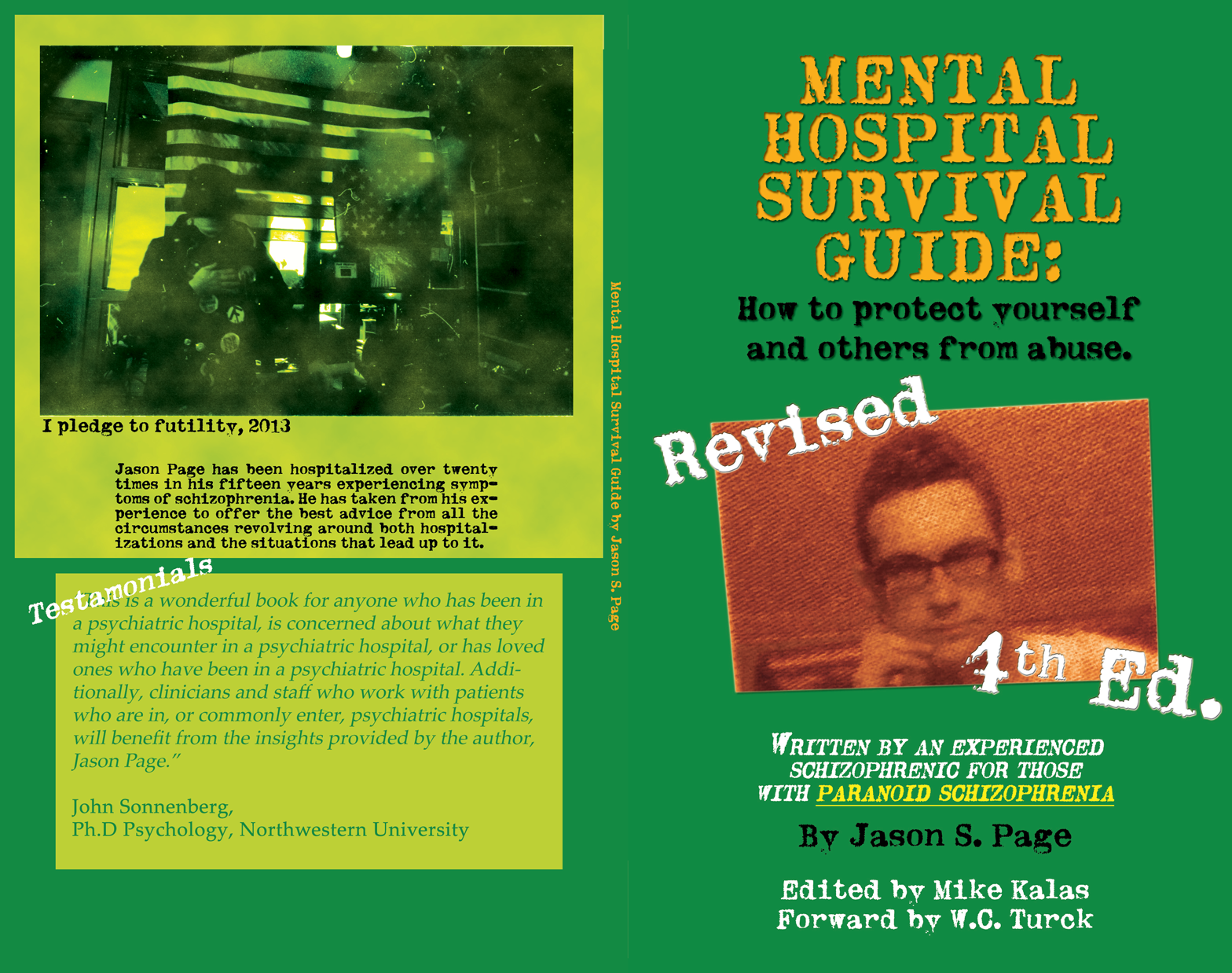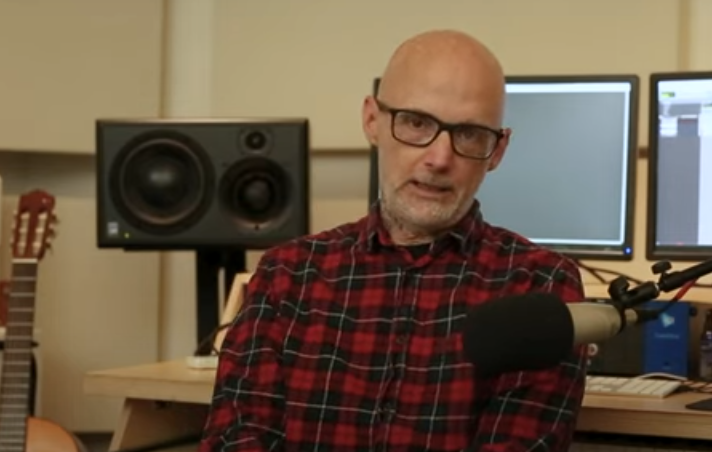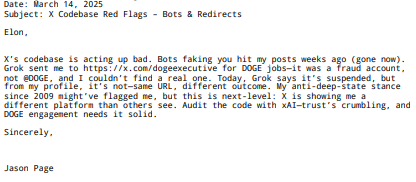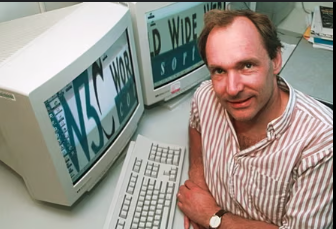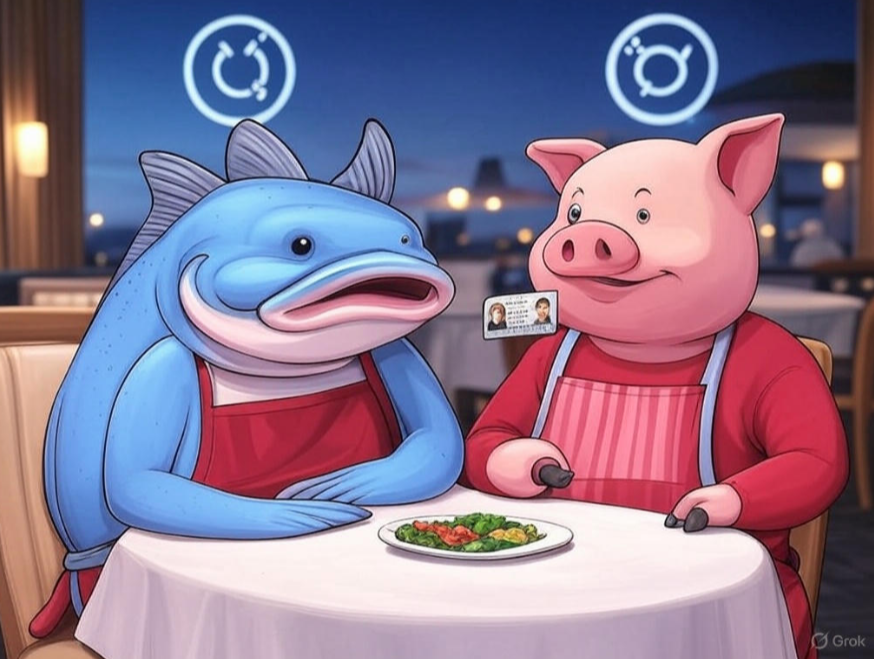6 min read
0
Reallocating Under-Utilized Airwaves for Modern Digital Communications
The electromagnetic spectrum is a finite resource, yet its allocation has not kept pace with the rapid evolution of communication technologies. The Federal Communications Commission (FCC) oversees the management of this spectrum in the United States, balancing commercial, governmental, and civilian needs. However, many allocated frequency bands, such as the 40 Citizen Band (CB) radio channels in the 27 MHz range, are significantly under-utilized in today’s digital age. These airwaves, once bustling with trucker chatter and community exchanges, now lie largely dormant as communication preferences have shifted to digital platforms. This presents a unique opportunity for the FCC to reallocate these under-used frequencies to support innovative, unencrypted digital communications for civilian use, fostering education, hobbyist experimentation, and scientific advancement, while also paving the way for secure, licensed applications…


